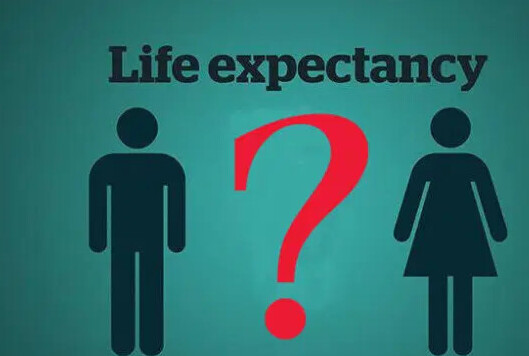Life expectancy reflects the average lifespan of a population and is influenced by factors such as high infant and maternal mortality rates, widespread infectious diseases, inadequate access to quality healthcare, malnutrition, socio-economic issues, and poor living conditions.
Here are five African countries with the lowest life expectancy:
1. Chad (52.5 years)
Chad has the shortest life expectancy in Africa, primarily due to health issues and diseases. Communicable diseases, maternal and perinatal conditions, and nutritional deficiencies are major contributors to the low life expectancy. However, it has seen a slight improvement from 51.2 years in 2000 to 59.1 years in 2021, according to WHO.
2. Nigeria (53.63 years)
Nigeria ranks second, with life expectancy severely impacted by communicable diseases. Malaria is the leading cause of death, followed by ischemic heart disease and stroke.
3. Central African Republic (53.9 years)
In the Central African Republic, life expectancy is around 57 years, significantly affected by persistent poverty, armed conflict, and political instability. Major causes of death include tuberculosis, malaria, and violence.
4. South Sudan (55.0 years)
The world’s youngest nation, South Sudan faces numerous challenges like political instability and economic hardships, contributing to its low life expectancy. Issues such as inadequate healthcare, food scarcity, and ongoing civil conflict further exacerbate the situation.
5. Somalia (56 years)
In Somalia, over half the population lives below the poverty line, leading to widespread famine and malnutrition. Lower respiratory infections are the leading cause of death, making Somalia fifth among countries with the lowest life expectancy.
